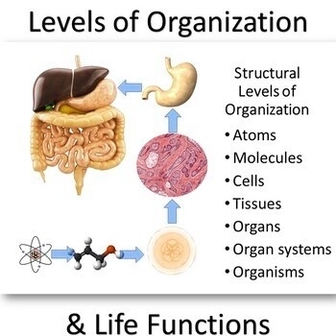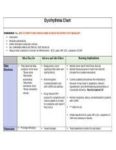The human body is a complex biological machine made up of various organs and organ systems that work together to sustain life. Here’s an overview of some of the major organs and their functions:
1. Brain: The brain is the bodys control center. It forms the core of the central nervous system by creating, sending, and processing nerve impulses, thoughts, emotions, physical sensations, and more. The brain consists of three main subparts: the cerebrum, the cerebellum, and the brainstem.
2. Heart: The heart is the most important organ of the circulatory system, which helps deliver blood to the body. It has four chambers: two atria (upper chambers) and two ventricles (lower chambers). The heart pumps oxygenated blood from the lungs to the rest of the body.
3. Lungs: The lungs are responsible for the exchange of oxygen and carbon dioxide between the body and the air. They oxygenate the blood and remove carbon dioxide, a waste product of metabolism.
4. Liver: The liver performs numerous vital functions, including detoxification, protein synthesis, and the production of biochemicals necessary for digestion.
5. Kidneys: The kidneys filter the blood and eliminate unnecessary compounds and waste by producing and excreting urine.
6. Skin: The skin, the body’s largest organ, provides a protective barrier against environmental hazards, helps regulate body temperature, and allows for the sensations of touch, heat, and cold.
7. Bones: The skeletal system provides mechanical support, enables movement, protects internal organs, produces blood cells, stores calcium, and regulates endocrine functions.
8. Adrenal Glands: These glands produce hormones that help regulate your metabolism, immune system, blood pressure, response to stress, and other essential functions.
9. Hematopoietic System: This system is responsible for the production of the body’s blood cells.
In addition to these individual organs, the body also contains several organ systems, such as the digestive system, the respiratory system, the nervous system, the endocrine system, and the reproductive system, each of which has its own specific functions and roles.
Maintaining the health of these organs and systems is crucial for overall well-being. Regular exercise, a balanced diet, adequate sleep, and regular medical check-ups can help ensure that these organs function optimally..



